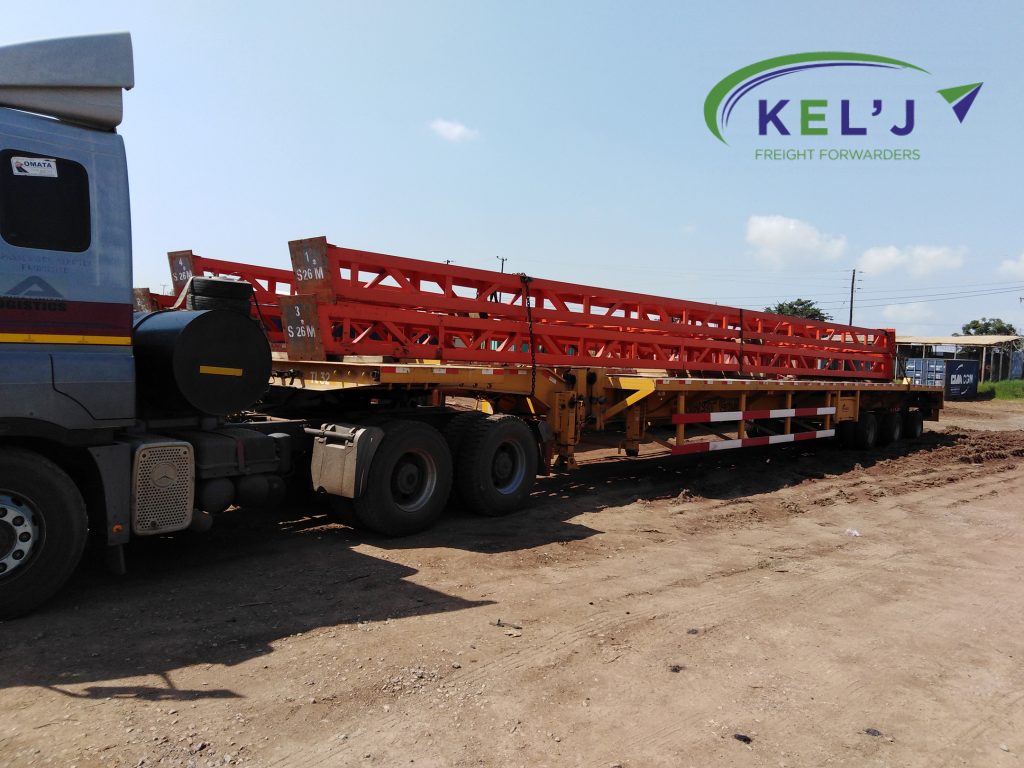Uganda’s logistics, cargo, shipping, and freight sector is on the brink of a transformative leap, with its strategic location and ongoing infrastructure developments positioning it as a future logistics hub in East Africa. As a gateway to landlocked neighbors such as Rwanda, Burundi, and South Sudan, Uganda is uniquely placed to drive regional trade and economic growth. While challenges remain, the country is making significant strides in addressing inefficiencies and unlocking its vast potential.
Infrastructure Advancements Pave the Way
One of the most notable achievements in Uganda’s logistics sector is the completion of the airport runway at Entebbe International Airport in November 2024. This milestone enhances Uganda’s air cargo capacity, enabling the handling of larger aircraft and boosting trade in high-value goods like flowers, fish, and other perishables. The runway’s completion is a testament to Uganda’s commitment to improving its logistics infrastructure and becoming a regional leader in air freight.
Although the cargo terminal and 240 MW power substation are still under construction, the Auditor General’s recommendation to accelerate these projects underscores the government’s proactive approach. Once completed, these facilities will further solidify Entebbe International Airport as a key logistics hub, attracting more international trade and investment.
Revitalizing Uganda Air Cargo Corporation (UACC)
While UACC has faced challenges, including a grounded fleet and financial constraints, there is a clear path forward for revitalization. The corporation’s shift in strategy, including exploring joint ventures and fleet modernization, signals a commitment to overcoming current hurdles. By addressing maintenance delays and optimizing asset utilization, UACC has the potential to reclaim its position as a leading player in air cargo logistics. The recovery of outstanding receivables and improved financial management will further strengthen its operations, enabling it to contribute significantly to Uganda’s logistics sector.
Uganda Civil Aviation Authority (UCAA) Strengthens Oversight
The UCAA plays a pivotal role in overseeing Uganda’s civil aviation infrastructure. Despite rising debt and cargo terminal mismanagement, the authority’s robust liquidity position provides a solid foundation for addressing these issues. By enforcing rental rates, securing formal tenancy agreements, and improving financial discipline, UCAA can unlock new revenue streams and enhance its operational efficiency. These measures will ensure that Uganda’s aviation infrastructure continues to support the growing demands of regional and international trade.
Road and Rail Infrastructure: A Dual Focus
Uganda’s logistics sector is heavily reliant on road transport, which handles over 90% of cargo. While this reliance has posed challenges, the government is taking steps to address inefficiencies in road infrastructure. The Uganda National Roads Authority (UNRA) is working to resolve delays in project completion and land acquisition, ensuring that road networks remain a reliable backbone for logistics.
At the same time, Uganda is investing in revitalizing its railway system, managed by the Uganda Railways Corporation (URC). Although only 21% of the railway network is currently operational, efforts to modernize the fleet, expand specialized wagons, and secure private investment through public-private partnerships (PPPs) are underway. By increasing rail freight capacity, Uganda can reduce its dependence on road transport, lower freight costs, and promote sustainable development.
Trade and Export Growth
Uganda’s logistics sector is integral to the country’s trade and export ambitions, particularly for high-value goods like coffee, flowers, and fish. The completion of the airport runway and ongoing improvements in cargo handling facilities are enhancing Uganda’s export readiness. By addressing inefficiencies and diversifying transport modes, Uganda is well-positioned to meet global trade standards and boost its competitiveness in international markets.
A Call to Action for Continued Progress
The Auditor General’s report serves as a roadmap for Uganda’s logistics sector, emphasizing the need for bold reforms and strategic investments. By fast-tracking critical infrastructure projects, modernizing air and rail fleets, and improving financial management, Uganda can overcome current challenges and emerge as a logistics powerhouse in East Africa. These efforts will not only drive economic growth but also foster regional connectivity and sustainable development.
Take Aways
Uganda’s logistics, cargo, shipping, and freight sector is on an upward trajectory, with significant progress in infrastructure development and operational reforms. By leveraging its strategic location, addressing inefficiencies, and embracing innovative solutions, Uganda is poised to become East Africa’s logistics powerhouse. The future is bright for Uganda’s logistics sector, and the country is well on its way to achieving its vision of regional leadership in trade and transportation.



